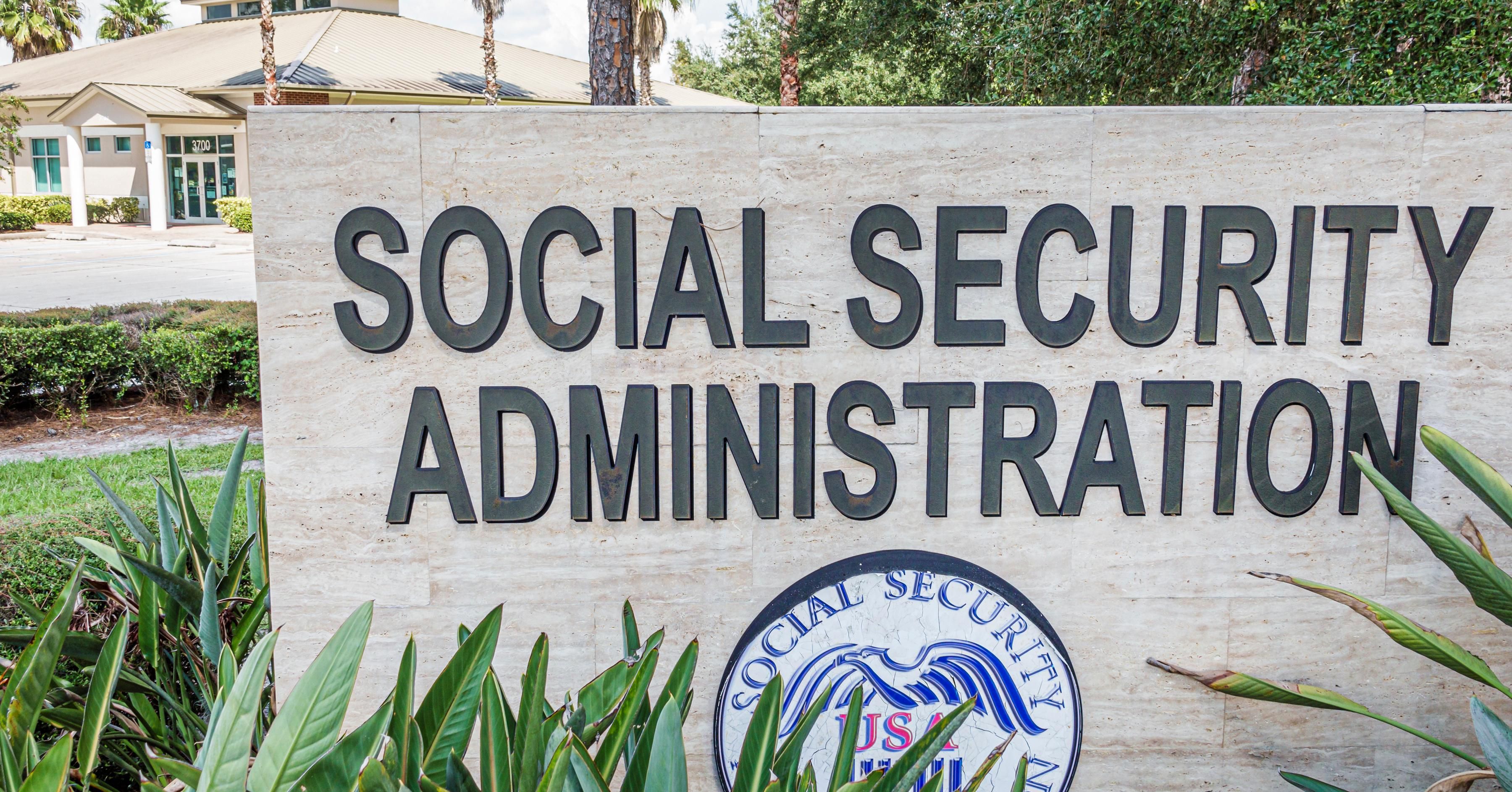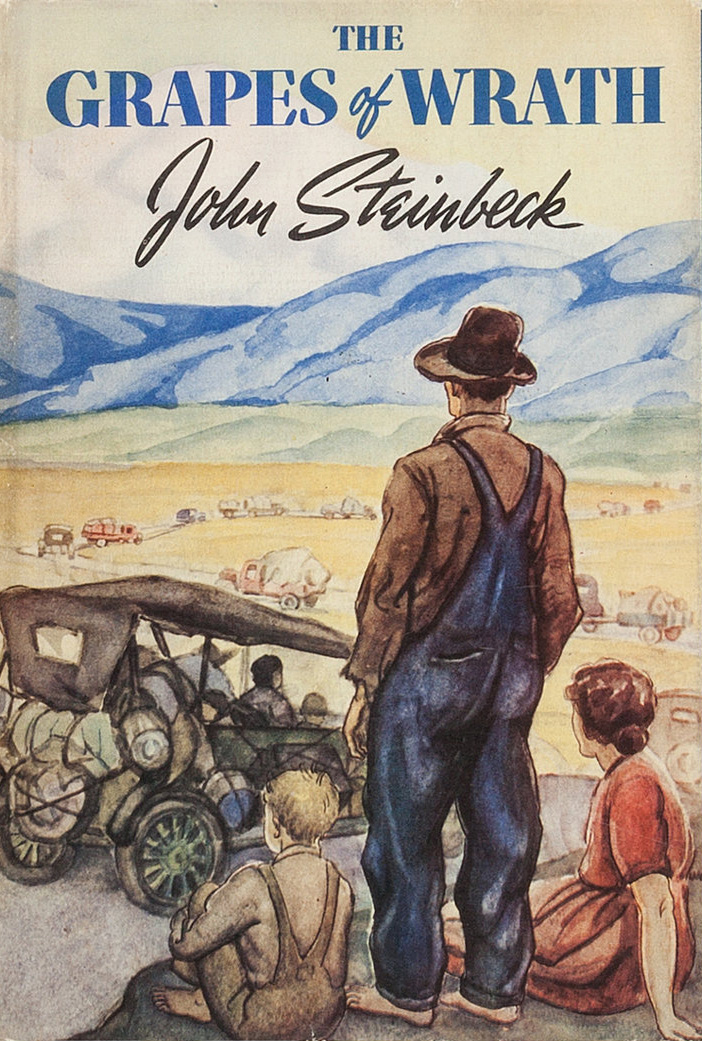● NEWS ● #Techdirt ☞ #TMobile Confirms Major Hack, #SocialSecurity Numbers And Drivers License Data Exposed https://www.techdirt.com/articles/20210818/09532547381/t-mobile-confirms-major-hack-social-security-numbers-drivers-license-data-exposed.shtml
#socialsecurity

I see a lot of this kind of posts on #facebook. Musicians begging for people's money to pay their #treatments and #hospital bills.
#Healthcare for all ! #medicare #SocialSecurity !
3 Likes
4 Comments
● NEWS ● #CommonDreams #SocialSecurity ☞ Opinion | Moving From Neglect to Dignity in the S.S.I. Program https://www.commondreams.org/views/2021/07/28/moving-neglect-dignity-ssi-program
● NEWS ● #CommonDreams ☞ Democrats Urged to Reject Latest GOP Attempt to Hold #SocialSecurity 'Hostage' https://www.commondreams.org/news/2021/07/21/democrats-urged-reject-latest-gop-attempt-hold-social-security-hostage
Life before Social Security
At HN a participant asks:
Social Security was created in 1935. How would you characterize the 159 American years preceding its creation?
For 86 of those years, ownership of another human being was the law of the land and for all of it rampant discrimination against any not of English Protestant ancestry was pervasive, so for a start there was that.
From 1862 to 1934, the prospect of setting off and beginning anew elsewhere is attested by over 1.6 million homesteads created through the Federal Government. For a filing fee of $18 (~$200--$500 in 2020), and five years sweat equity, a male of at least 21 years could claim 5--640 acres by building on and working them. Homesteading continued as a vastly reduced practice, though remaining an option, until 1976 in the lower 48 states and Alaska until 1986. Open range provided for additional livilihood based on unowned acreage for ranchers, and mining stakes were prospected throughout the West until the 1930s. But by 1890, the notion that there was unsettled land for the taking had largely passed; the frontier was closed.
Not that this opportunity was available to all; Blacks, Native Americans (this was originally their land after all), Mexicans (many also native descendants), Chinese, Japanese, Catholics, and other non-Anglo groups were routinely denied ownership or possession of land.
Prior to 1860, unorganised squatting was common. A Free Soil movement, based in part of free or cheap land grants to white farmers also emerged.
Too at the time, wage labour was relatively uncommon --- many households were effectively their own businesses, most farmsteads, others practicing trades or professions. The rise of factories, railroads, steel mills, and coal mines gradually shifted this balance. But exposure to the money economy was often lower than now. Less upside perhaps, but also less systemic risk for most households.
Life expectencies were far lower than today: 49.3 years in 1901, 60.2 in 1934, 78.8 today. Pensions tended to be private, often failing, or support offered through multigenerational households (an idea whose time may be returning). Those living to old age often found themselves with no means of subsistence. Social Security had a solid basis in real lived pain.
There were frequent economic crises and panics.
You may have heard of the Joads. There's a truth behind that fiction. https://en.wikipedia.org/wiki/The_Grapes_of_Wrath
#SocialSecurity #Opportunity #Inequality #Precariat #Slavery #Discrimination
One person like that
2 Comments
1 Shares


